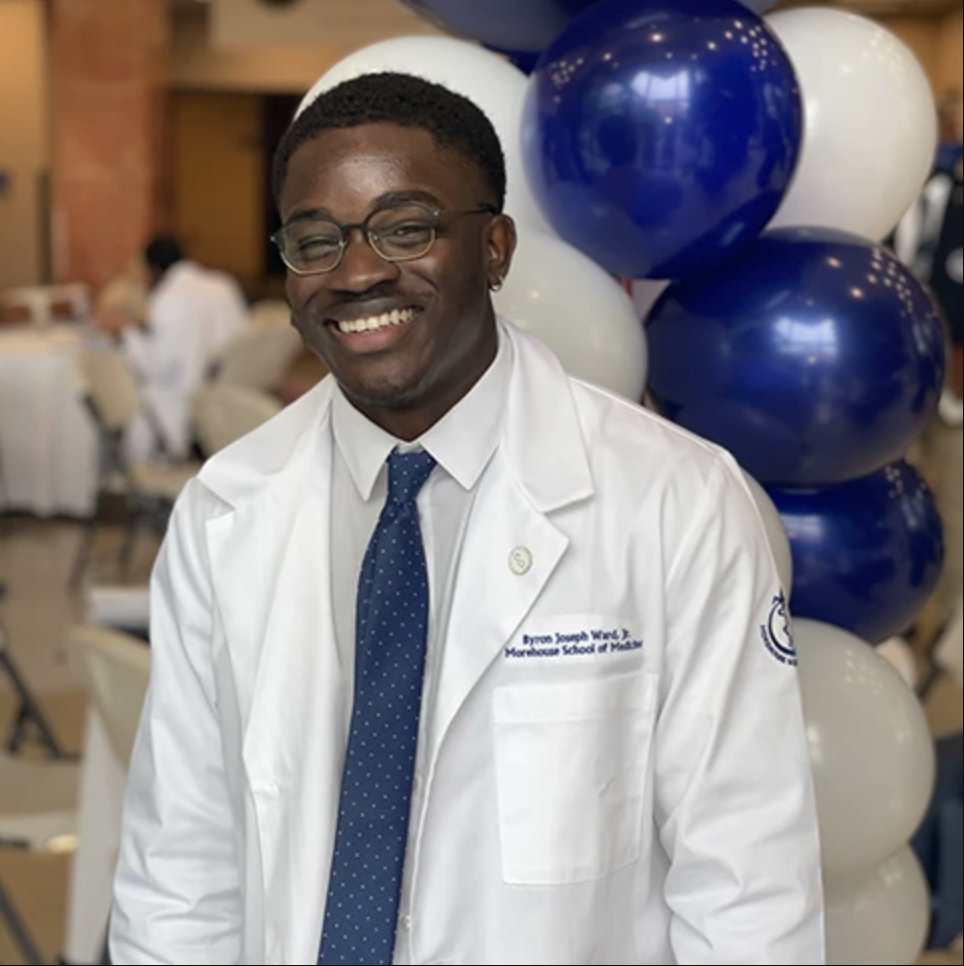Competitive applicants to health-related professional schools usually possess the following record:
- High overall and science-specific (biology, chemistry, physics and mathematics) GPA
- High score on standardized entrance exam
- Extensive record of relevant extracurricular activities: student organizations, volunteering, and/or community service
- Working in clinical or research settings, direct patient care and/or shadowing
- Demonstrated leadership activities
Majors:
Students who intend to pursue graduate professional degrees in medicine, veterinary medicine, dentistry, optometry, podiatry, physician assistant, pharmacy or chiropractic medicine usually major in biology, biochemistry, chemistry or allied health with a concentration in medical sciences.
Students who wish to pursue graduate degrees in the allied health fields of physical therapy or occupational therapy can major in allied health with a concentration in physical therapy sciences or occupational therapy sciences.
These majors at UT provide excellent preparation to succeed in these professional programs and help the student fulfill many prerequisites necessary to apply to graduate programs in the health professions.
The biology major is housed in the Department of Biology, and the biochemistry and chemistry majors are housed in the Department of Chemistry, Biochemistry and Physics. The allied health majors are housed in the Department of Health Sciences and Human Performance.
Students interested in nursing should visit the Department of Nursing.
Other degrees can also prepare students for health professions; thus, students are encouraged to major in the field where they excel and should consult the pre-health professions advisor about course work.
Required Courses:
The following courses are typical requirements of many professional schools in the health sciences.
It is important to note:
- each health profession (e.g. medicine vs. pharmacy) and each school (e.g. University of Florida vs. University of Central Florida) differs in its academic requirements for admissions
- not all classes listed below are required for every student
- not all the classes listed below are a comprehensive list as other classes may be required
- It is imperative for students to check admission requirements for each school of interest!
Ideally, students should complete these core courses before the start of their junior year by taking course loads of about 15-18 credit hours per semester. Summer school may be necessary. Students should realize that certain professional schools may not recognize credits earned from AP or IB exams or community colleges, especially if higher-level coursework in that discipline was not taken at a four-year college or university.
Biology w/ labs
BIO 198 Gen Bio I(1)
BIO 199 Gen Bio II(2) | Chemistry w/ labs
CHE 152 Gen. Chem. I(1)
CHE 154 Gen. Chem. II(2)
CHE 232 Organic Chem. I(1)
CHE 234 Organic Chem. II(2)
CHE 320 or CHE 317 Biochemistry |
Physics w/labs
(may not be needed for occupational therapy and physician assistant schools)
PHY 200/205 Gen. Phys. I (1)(with or without calc.)
PHY 201/206 Gen. Phys. II (2)(with or without calc.) | Mathematics
(most but not all graduate programs require calculus and a statistics/biostatistics course)
Calculus:
MAT 260 Calc. I(1)
Statistics:
BIO 230 Experimental Design and Biostatistics for Biology Majors
HSC 350 Biostatistics for Allied Health Majors
|
Anatomy and Physiology (A&P) w/ labs
(needed for most physician assistant,
physical therapy, occupational therapy, pharmacy, and some dental schools)
Allied Health Majors:
HSC 230 Human Anatomy and Physiology I(1)
HSC 231 Human Anatomy and Physiology II(2)
Biology Majors:
BIO 250 Comparative Vertebrate Anatomy
BIO 330 Comparative Animal Physiology
Courses within these majors are highly likely to fulfill this A&P requirement. Students are encouraged to contact graduate programs of interest to inquire about this option before engaging in additional coursework outside of their major.
| |
Most math and science classes have prerequisites. In addition, many courses are only offered during one term of the academic year. If students have a major outside of biology or chemistry, they may want to consult with a faculty member in one of those departments for advice in scheduling math and science courses.
View UT's Catalog for degree requirements.



